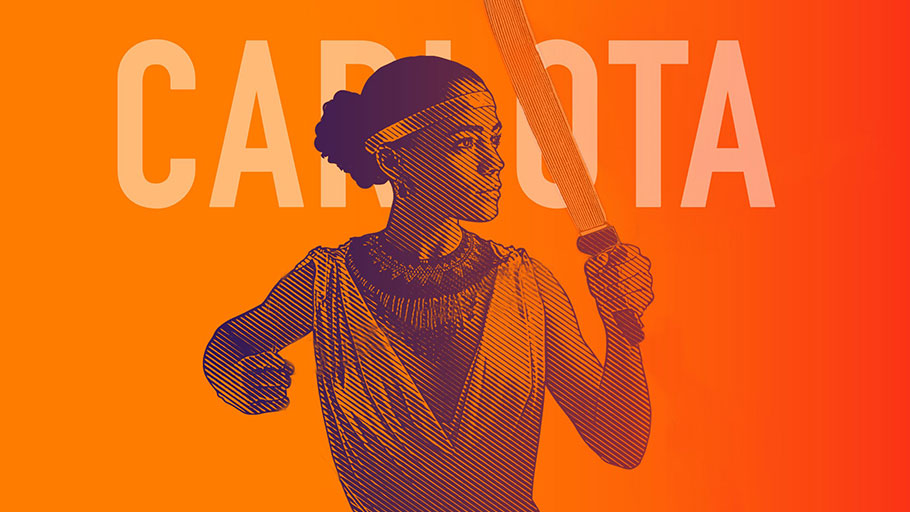
Carlota died for revolutionary ideals long before Castro showed up. By Jules Franco, OZY — The discovery of the young woman’s corpse on the Triunvirato estate, a sugar mill in…

Carlota died for revolutionary ideals long before Castro showed up. By Jules Franco, OZY — The discovery of the young woman’s corpse on the Triunvirato estate, a sugar mill in…
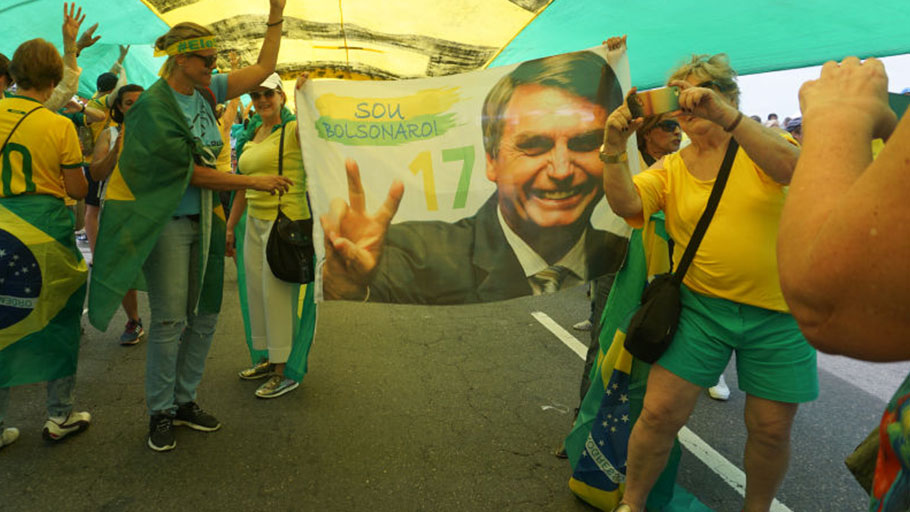
It’s Complicated: Why Some Afro-Brazilians Are Willing to Vote for a Racist Presidential Candidate Who’s Calling for More Police Violence. Kiratiana Freelon, The Root — Last week, Jair Bolsonaro, Brazil’s white, hard-right presidential candidate, received an unexpected American endorsement. “He sounds like us,” said David Duke, an unabashed white supremacist and former Grand Duke Wizard of the Louisiana Ku Klux Klan. “He is a total European descendant, he looks like any…
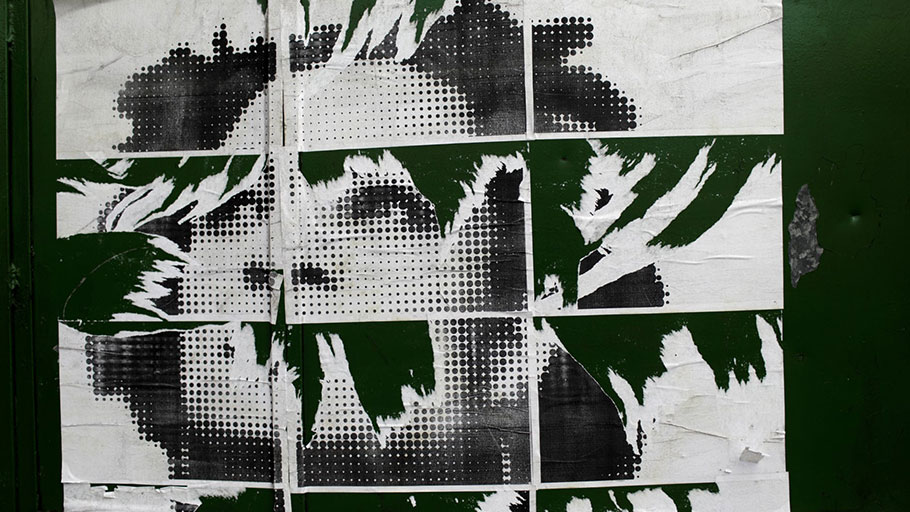
Marielle Franco set an example in a country where black women make up 28% of population but hold 2% of congressional seats By Anna Jean Kaiser, The Guardian — The…
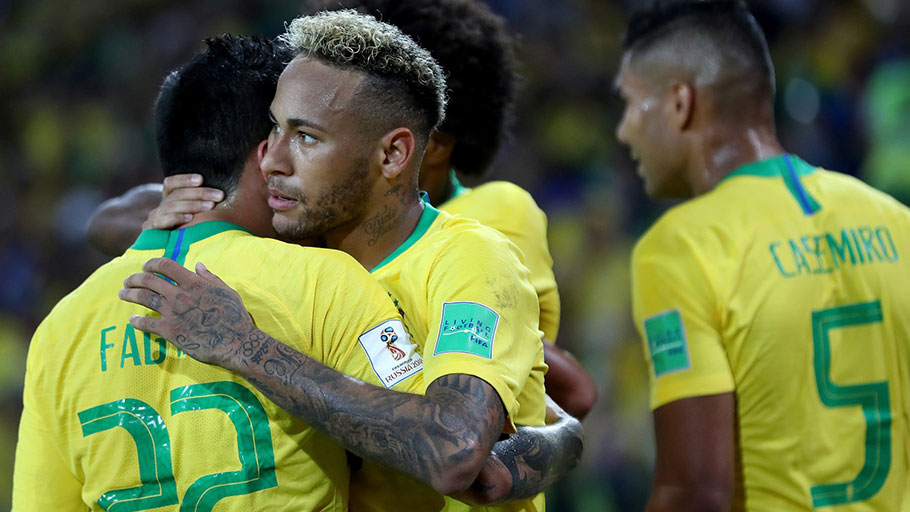
Ever since his “It’s not like I’m black, you know?” comment, Neymar has served as a focal point in Brazil’s cultural reckoning with racism, whitening, identity and public policy. By Cleuci de Oliveira, New York Times — Years before he became the most expensive player in the world; before his Olympic gold medal; before the Eiffel Tower lit up with his name to greet his professional move from Barcelona to…
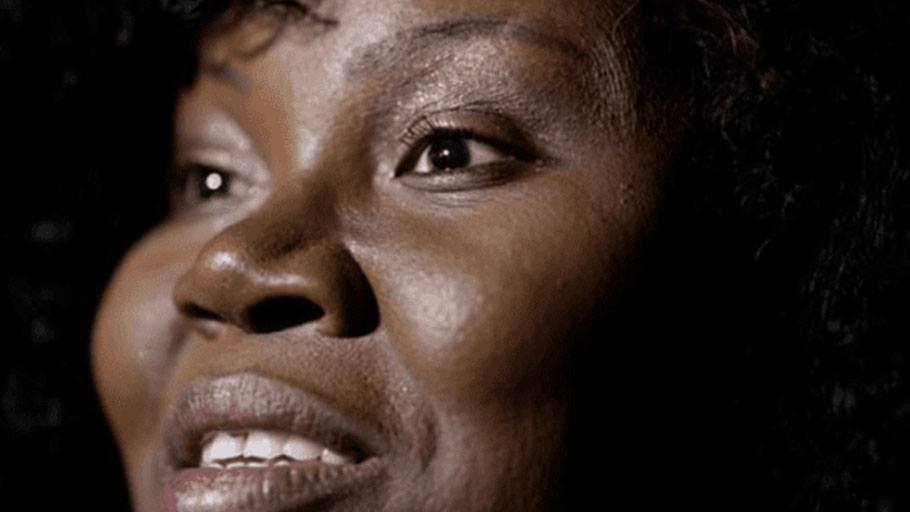
They represent Favela Front of Brazil, a political movement attempting to unify the voting power of favelas and other poor black neighborhoods historically overlooked and underrepresented in Brazilian politics. By teleSUR — Let’s have a round of applause for our companion Marielle, who was one of our greatest supporters in this process,” Afro-Brazilian filmmaker Anderson Quack, who is running for Congress, told a cheering crowd of nearly 200 people assembled late Tuesday…
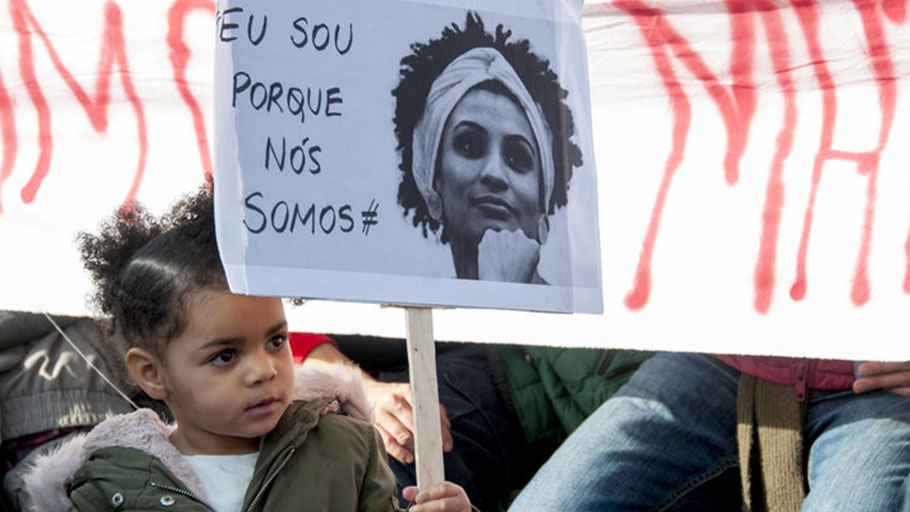
By Jurema Werneck — My sister in struggle Marielle Franco was shot to death on March 14. I was abroad, working alongside other brave women who campaign against police killings of black youth in Brazil, Jamaica and the U.S. We had joined forces and were planning to make our voices heard in order to stop the constant stream of killings committed by some of those who are supposed to protect us. The news hit…
Featured Topics: The Amazing National Black Writers Conference, Medgar Evers College; Another Report on the Newark As Model City Initiative; Report Back From Afro-Descendant Conference in Venezuela. Guests: Dr. Brenda Greene, Executive Director, Center for Black Literature, Medgar Evers College/CUNY, Brooklyn, NY; Dr. Charlene Sinclair, Director for Reinvestment, Center for Community Change, Washington, DC; Yvette Modestin, Founder/ Executive Director, Encuentro Diaspora, Boston, MA
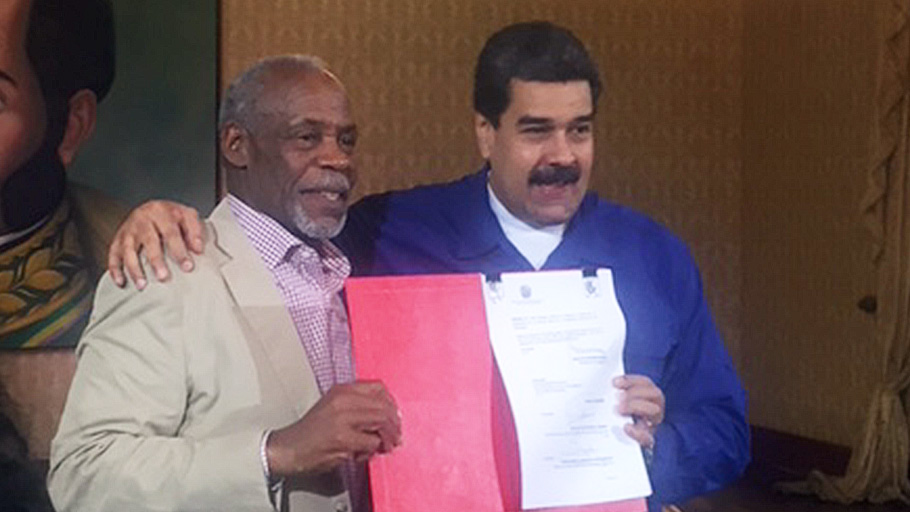
President Maduro and Danny Glover at the signing of the UN decree at the Casa Amarilla in Caracas. Pres. Maduro to host International Reparations Conference By Yvette Modestin (Lepolata Aduke)…
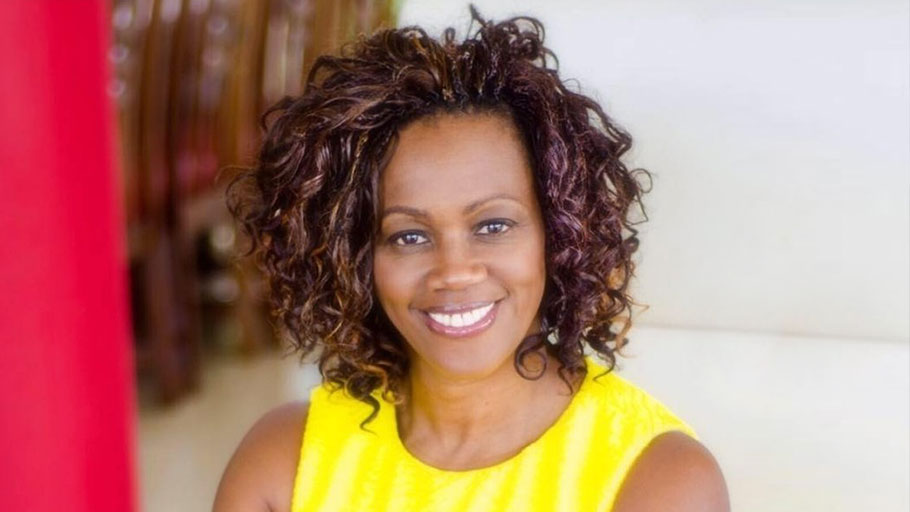
Epsy Campbell Barr is the first black, female vice president in Latin American history. Epsy Campbell Barr has just made history. The Costa Rican economist, politician and author is the first…
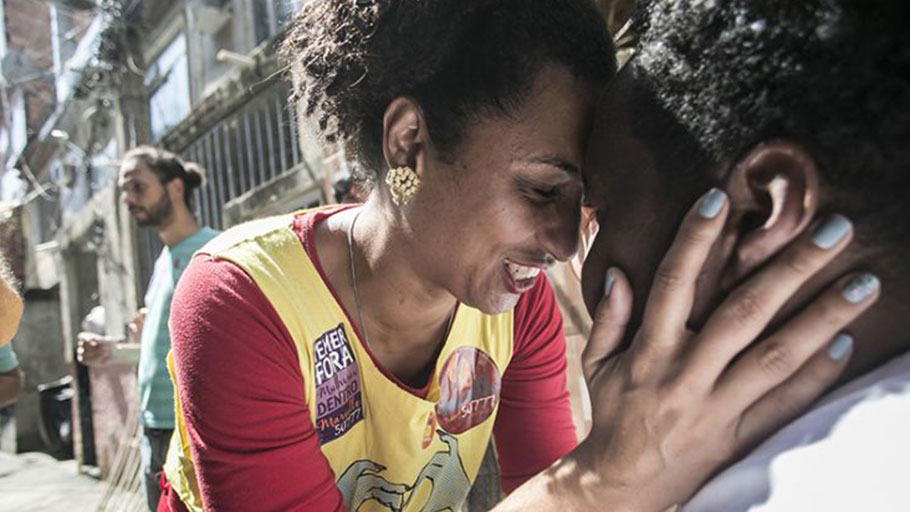
Marielle Franco represented a progressive new left, built on advocating for Brazil’s most vulnerable citizens, making her murder doubly tragic. By Gianpaolo Baiocchi, Marcelo K. Silva Boston Review — On…
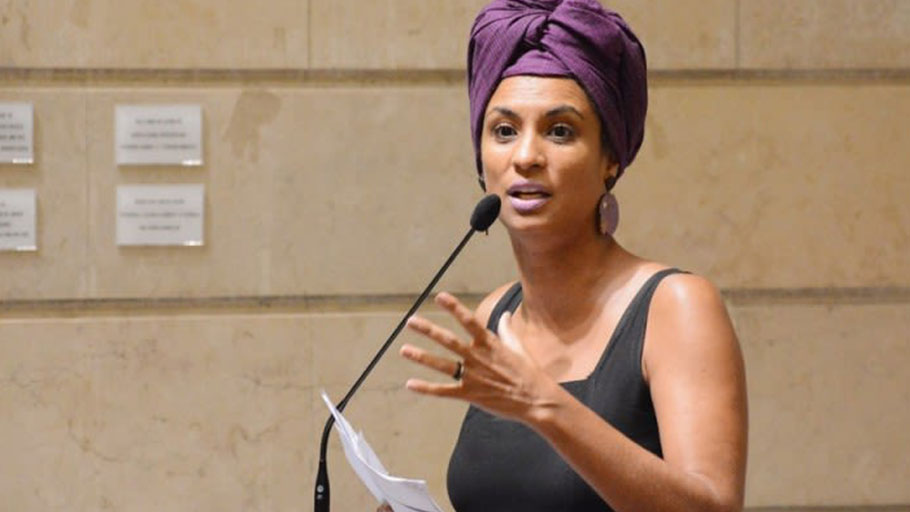
By Kiratiana Freelon — Marielle Franco, 38, a black politician from Rio de Janeiro, died fighting for the rights of women and favela dwellers. As a councilwoman from the Maré favela, she denounced the police brutality that favela residents, most of them black, regularly experienced. On Wednesday around 9:20 p.m., armed men gunned the councilwoman down in her car in the center of Rio de Janeiro with nine shots—four to…
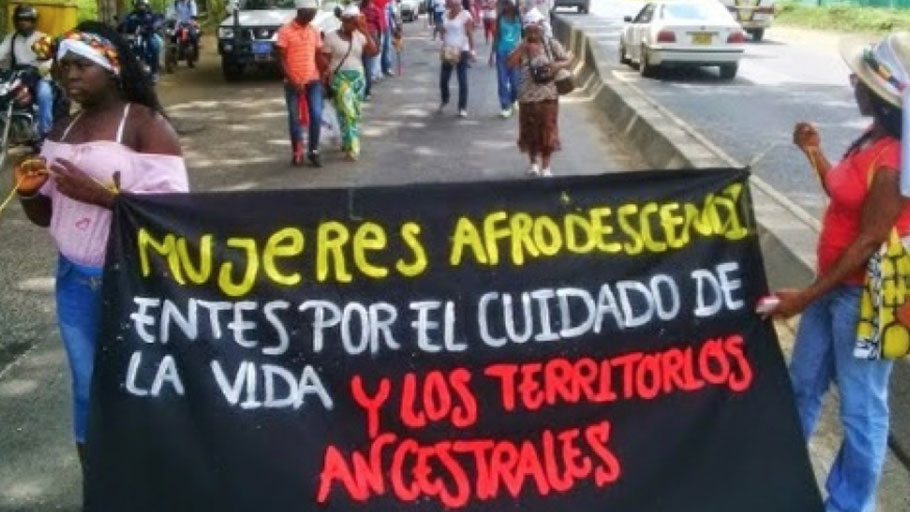
In Colombia, women are demanding an end to the impunity, silence and invisibility that fuel attacks on female human rights defenders. Tumaco – Afro-descendant women’s organizations in Colombia are marking International Women’s Day by highlighting Black women’s role in peacebuilding and calling for reparations for conflict-related gender-based violence and other human rights violations. As members of communities that have long suffered governmental neglect, Afro-Colombian women and girls have faced disproportionate rates of conflict-related human rights violations with minimal access to justice or services. Ongoing violence in the wake of Colombia’s peace accord with the FARC, including killings of human rights defenders and displacement of entire communities, has especially impacted Afro-Colombian and Indigenous Peoples.